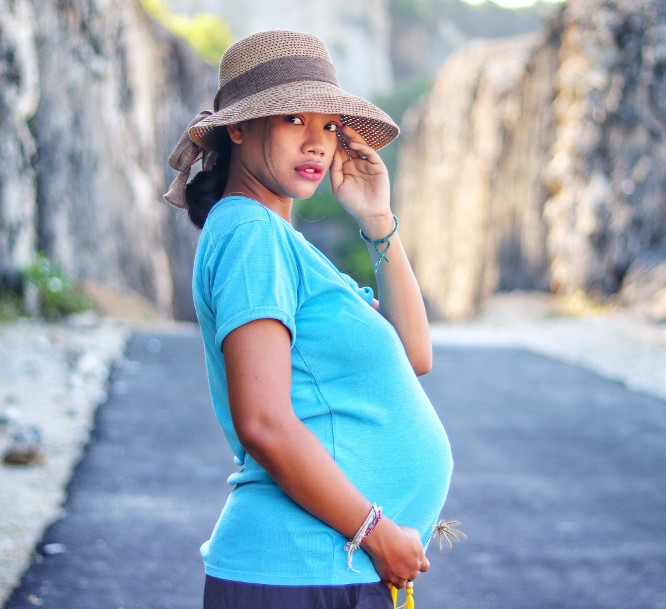The United States has state-level laws that criminalize pregnant people who use drugs, separate families, and require clinicians to report suspected drug use to authorities. All of these may prevent pregnant people from accessing vital resources and cause harm to both parents and infants, a new study shows.
On November 13, RAND Corporation, a nonprofit think tank, published research that linked punitive policies targeting pregnant drug users, specifically those who are women, with newborns experiencing opioid withdrawal.
Looking at data from eight states, the study authors observed that state policies criminalizing drug use during pregnancy—as well as considering it to be “child abuse” or neglect, or grounds for civil commitment (including those in Arizona, Kentucky, Utah, Nevada, Kentucky, Maryland, Massachusetts)—had higher rates of neonatal abstinence syndrome (NAS) than states without such laws, like Colorado and Arkansas. The correlation between punishment and harms was strengthened by the finding that newborns were more likely to experience NAS after a state’s introduction of punitive laws.
The number of women with an opioid use disorder at the time of delivery quadrupled between 1999 and 2014, while diagnoses of neonatal abstinence syndrome rose seven-fold from 2000 to 2014, according to a RAND press release.
Lead study author Dr. Laura J. Faherty, a RAND physician policy researcher, told Filter that punitive policies simply “aren’t beneficial” to pregnant women. In the study, she wrote that states that introduce them are likely “missing key opportunities for interventions,” such as family planning services, mental health care, and services related to managing opioid use, due to “disengage[ment] from the health care system.”
For Faherty, the findings of her study show that these policies are not based in science. “We’d never punish someone for having diabetes or epilepsy during pregnancy,” she said, “but we treat substance use disorder as a moral failing instead of the chronic medical condition that it is.”
“Our study supports the need for those of us who work with families affected by opioid use to provide evidence-based, family-centered and trauma-informed care,” said Faherty. “When we approach pregnant women with compassion instead of judgment, and address treatment barriers at the individual and systems level, we can help ensure that they are as healthy as possible and their infants have the chance to thrive.”
Photo by Jernej Graj on Unsplash





Show Comments